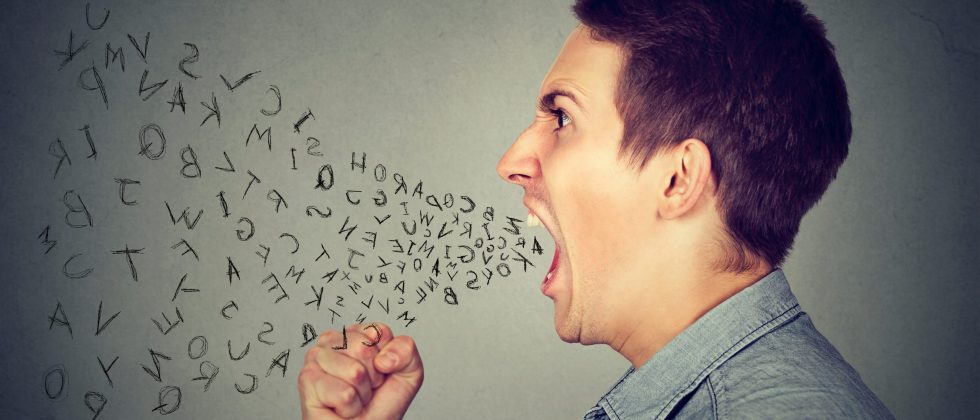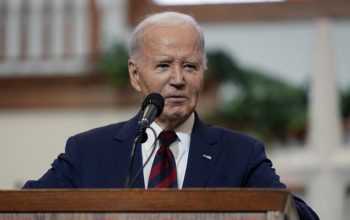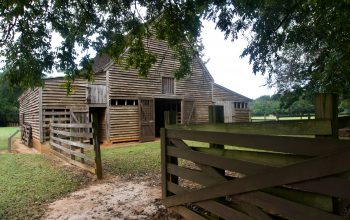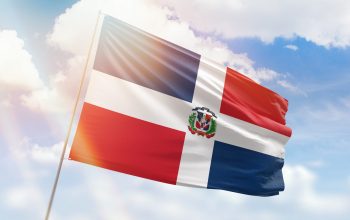news
“Venezuela’s Dilemma: Dialogue or Violence”, an article by Dr. Leonel Fernández
January 13, 2025
According to a statement released by the Elysee Palace in Paris, Presidents Emmanuel Macron of France and Luiz Inacio ‘Lula’ da Silva of Brazil urged President Nicolás Maduro, after his swearing-in ceremony for a third consecutive term as president, to resume dialogue with the opposition to “facilitate the return to democracy and stability in Venezuela.”
They stressed the need to build a space for negotiation that would allow a peaceful outcome to the political crisis affecting the South American country, while expressing their willingness to serve as vehicles for channeling a dialogue between the parties.
After the 2018 crisis, in which Nicolás Maduro’s government was also accused of having committed electoral fraud, political tension became so polarized that the country seemed to be split into two separate powers. Indeed, the National Assembly, controlled by the opposition after its electoral victory in 2015, chose Juan Guaidó as interim president, receiving the support of 60 countries around the world.
On the other hand, Nicolás Maduro continued in the government corresponding to the 2018-2024 period, which has just ended. Thus, it happened that while one governed with external support, the other was supported by its internal forces.
There was no communication between the government and the opposition. However, facing the electoral process to be held in July 2024, talks began to be held between the main leaders of both tendencies.
There was a political dialogue between Venezuelan leaders in Norway. Then, in Mexico; then, in the Dominican Republic; and finally, in Barbados, where measures were agreed to guarantee fair and transparent elections in the homeland of Bolivar.
One might ask: What was the point of all these diplomatic efforts if in the end, as is claimed, the electoral guarantees were ignored, delegitimizing the process by not presenting the minutes of the vote count indicating the number of votes obtained by each of the candidates?
The Dominican Mirror
The electoral experience of the Dominican Republic, since the year 1966, has revealed that democracy is a process of advances and setbacks until it manages, over time, to consolidate itself in institutional terms.
For an important sector of Dominican society, the elections held in 1966 turned out to be an electoral fraud, supported by external forces, to the detriment of the candidacy of Professor Juan Bosch, the person who had become the symbol of the constitutionalist revolution of 1965.
In 1970, due to the lack of adequate conditions for the celebration of the electoral process, the Dominican Revolutionary Party (PRD) and other opposition sectors abstained from participating.
Four years later, in 1974, it was clear that the opposition, represented by the Santiago Agreement would emerge victorious from that year’s electoral process. However, 48 hours before the polls opened, the government sent soldiers into the streets carrying red banners, forcing the new opposition movement to abstain.
By 1978, the national and international circumstances had changed. The government was losing power and there was a desire for change by the majority of the population. However, once again, there was an attempt to retain power through undemocratic subterfuges.
International pressures, however, prompted a negotiation process. Under these circumstances, the outgoing government managed to control the Senate of the Republic, with which it would choose all the magistrates, thus ensuring that it would avoid judicial persecution.
The Dilemma
On two subsequent occasions, in 1990 and 1994, new questions were raised about electoral integrity. In the second case, in which fraud was once again alleged, the solution was a dialogue in which it was agreed to limit the presidential term to two years; and therefore, to hold new elections in 1996. The dilemma.
Immediately after Nicolás Maduro was sworn in for a new presidential term in Venezuela, the government of President Joe Biden, together with Canada, the European Union and the United Kingdom, intensified the sanctions they had previously imposed on high-ranking Venezuelan officials, both civilian and military.
In a few days, Donald Trump will assume the presidency of the United States. His Secretary of State, already designated, will be the former senator from Florida, Marco Rubio, which could mean an even greater tightening of sanctions against the Venezuelan government. During his previous term, Donald Trump implemented the so-called “maximum pressure measures”, with which he sought to force the Maduro government to relax its policies towards the opposition.
With Venezuela facing a situation of international isolation, and where it has the support of a small number of allies – each with its own agenda of challenges and difficulties – the situation does not look favorable for applying a strategy of prolonged resistance.
The concept is that if the electoral route does not prove conducive to guaranteeing legitimacy in the results, then various sanctions would be applied that could lead to a situation of internal insurrection, giving rise to the fall of the regime.
Naturally, this view overlooks the fact that the current Venezuelan government, even if it does not have an electoral majority does, however, have the support of a significant segment of the population.
This, of course, could eventually lead to a bloody confrontation, which must be avoided. The opposite would be to generate mourning and pain for the Venezuelan people, who would go back decades in recovering their political-democratic stability, as well as their development and prosperity.
What is needed, therefore, is to accept the request made by the presidents of France and Brazil, Emmanuel Macron and Lula da Silva, to return to the dialogue table and create essential conditions that would guarantee all Venezuelans a peaceful, democratic and a well-being coexistence for all.
We would have liked the Dominican Republic, after having been proclaimed the Peace Capital of Latin America in 2008, during the Rio Summit, to have been able to play that role again, for the benefit of the Venezuelan people, our region and all of humanity.





